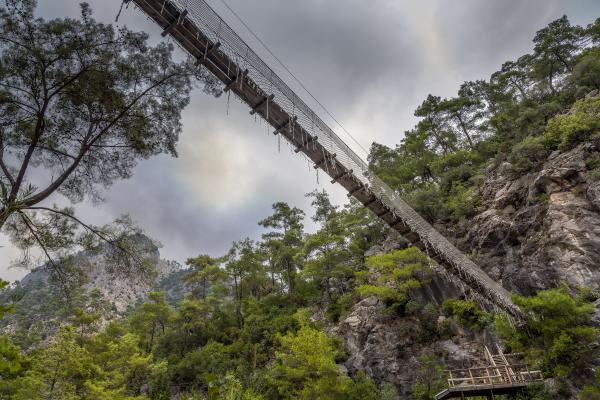Jul 9, 2016
It had been a while since the hashtag of a black man, woman, or child killed by a cop had burned across social media like wildfire. Rather, it seemed the nation had transitioned into a new phase of the struggle — the trial phase.
Read the Full Article

Already a subscriber? Login
